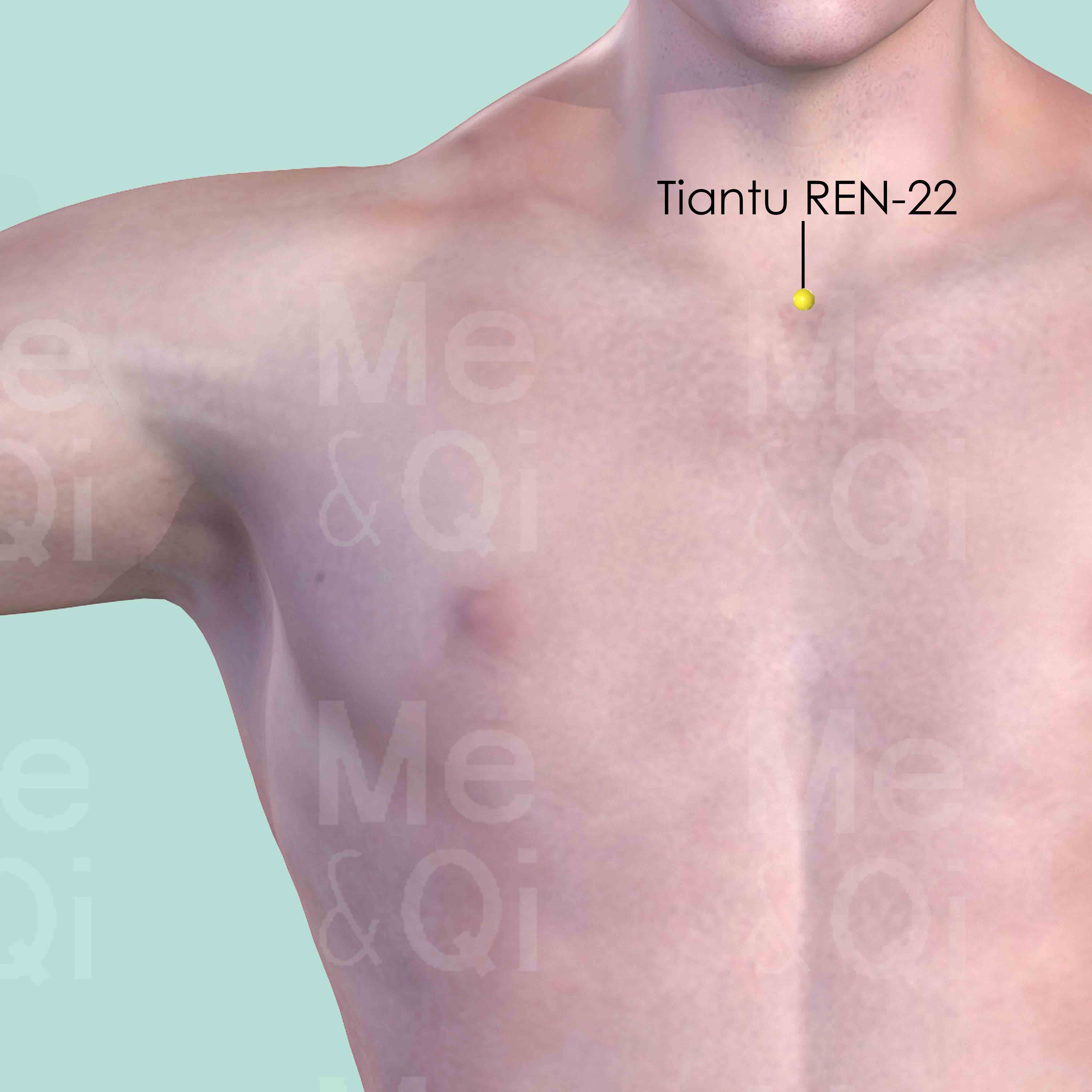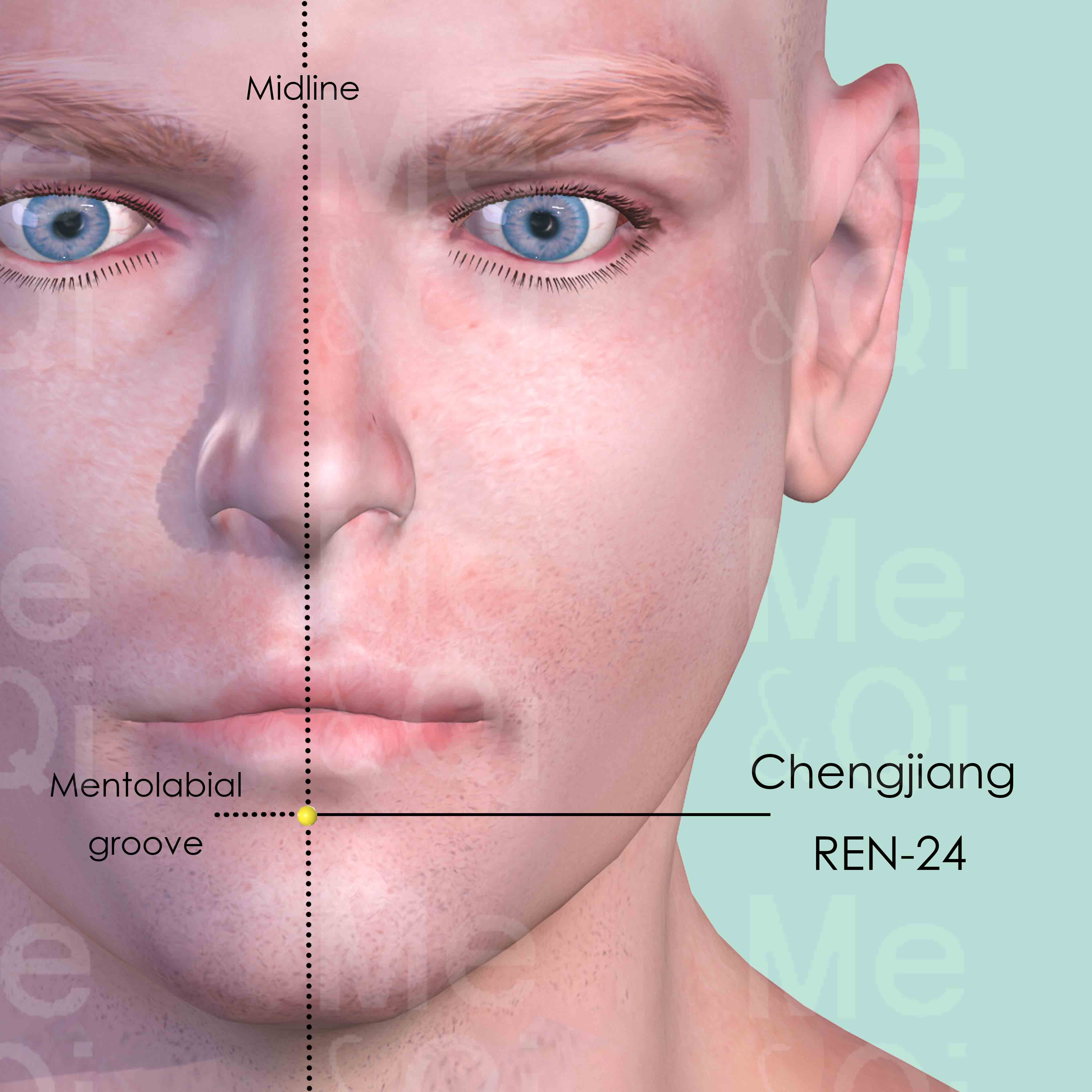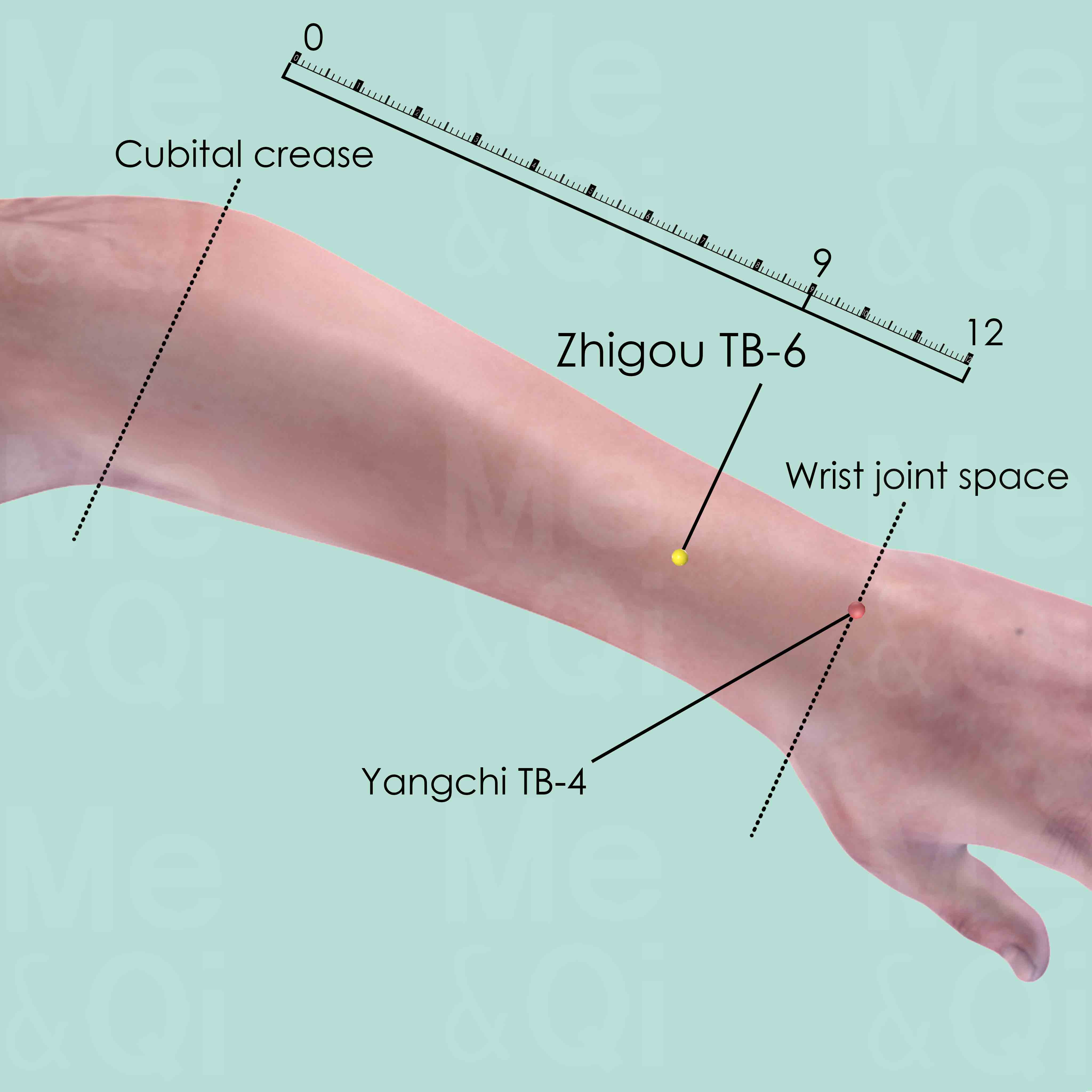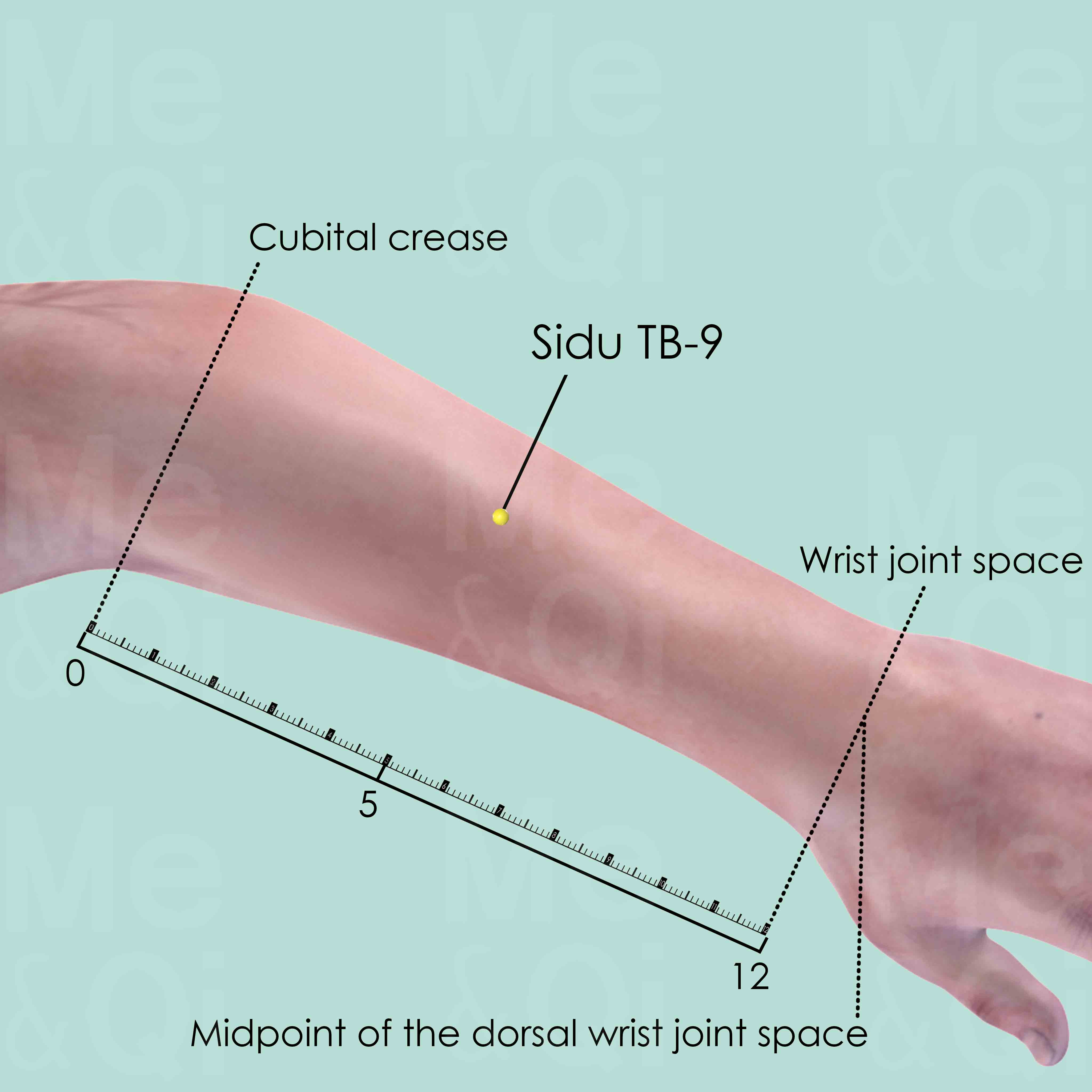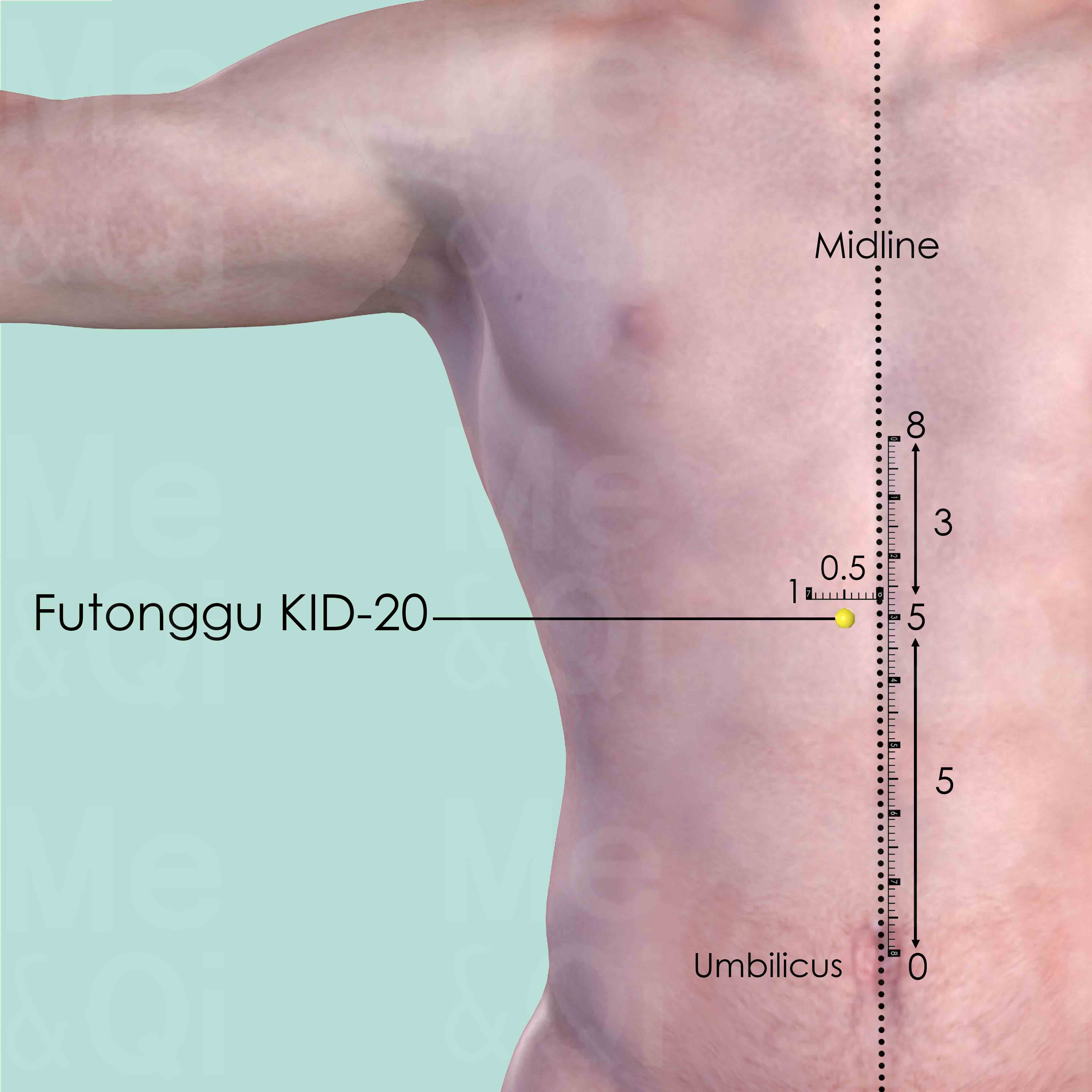Loss Of Voiceaccording to TCM
Symptom family: Vocal Cord and Voice Disorders
What is Loss of Voice?
Loss of voice, medically termed as voice loss, occurs when one's vocal cords fail to produce the usual sound or when the voice is significantly impaired, leading to an inability to speak normally. This condition can range from a slight hoarseness to a complete loss of voice and can result from various causes, including vocal strain, infections, and underlying health issues affecting the vocal cords. Understanding voice loss involves recognizing the vital role the vocal cords play in speech production and how their function can be compromised.
Causes of Loss of Voice According to TCM
In TCM, loss of voice is primarily attributed to two patterns: Wind-Heat and Toxic Heat. Wind-Heat invasion can obstruct the Lung Qi, affecting the vocal cords' function and leading to voice loss.
Similarly, Toxic Heat accumulation in the Lung Channel can directly impair the vocal cords. TCM seeks to identify these underlying causes to effectively address and treat the symptom.
Acupoints for Loss Of Voice
TCM also incorporates acupuncture in treating loss of voice, focusing on acupoints that correspond to the underlying patterns of disharmony. Points such as Chengjiang REN-24 and Lianquan REN-23 are selected to benefit the throat and voice by expelling Internal Wind and regulating the Directing Vessel. Other points like Tiantu REN-22 are used to descend Lung Qi and benefit the throat, demonstrating the specificity with which TCM approaches the treatment of voice loss through acupuncture.
Explore below some acupoints used to address loss of voice, organized by meridian.
- By Meridian
- Directing Vessel
- Triple Burner Channel
- Large Intestine Channel
- Extra Points: Head and Neck (EX-HN)
- Heart Channel
- Kidney Channel
- Small Intestine Channel
- Governing Vessel
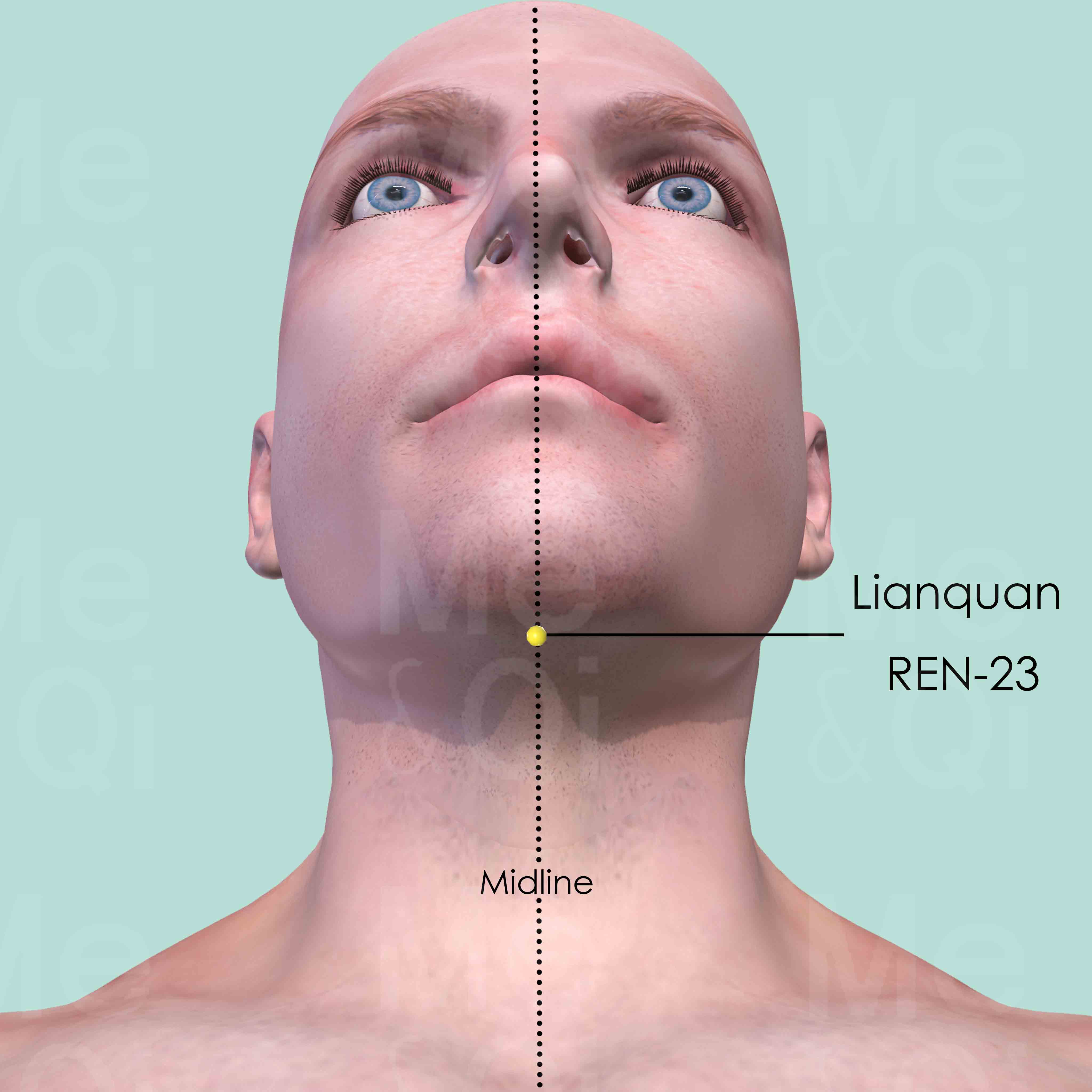
Lianquan REN-23
On the anterior midline of the neck, above the Adm's apple, in the depression at the upper border of the hyoid bone.
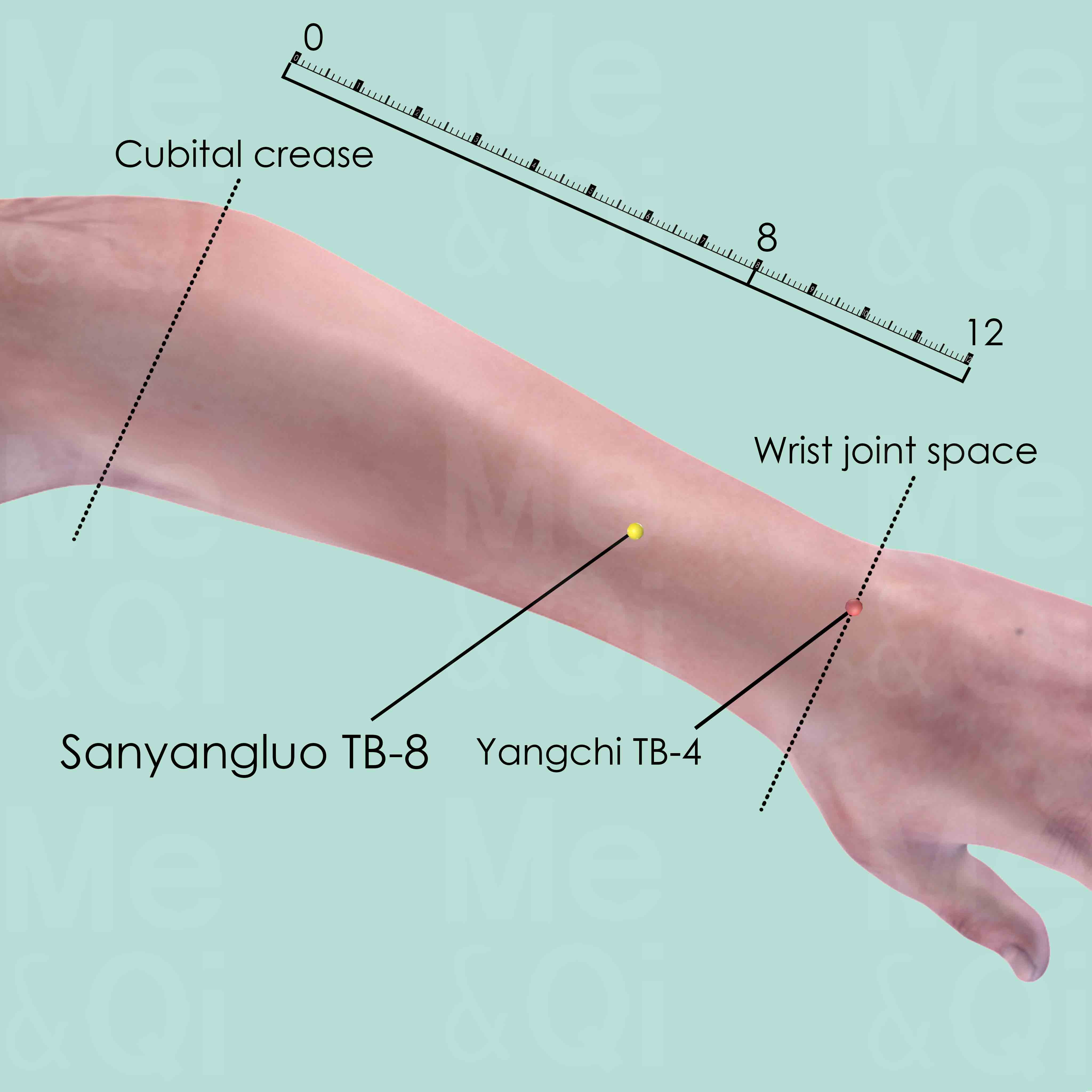
Sanyangluo TB-8
Between the radius and the ulna, 4 cun above Yangchi TB-4, which is on the dorsal wrist joint space.
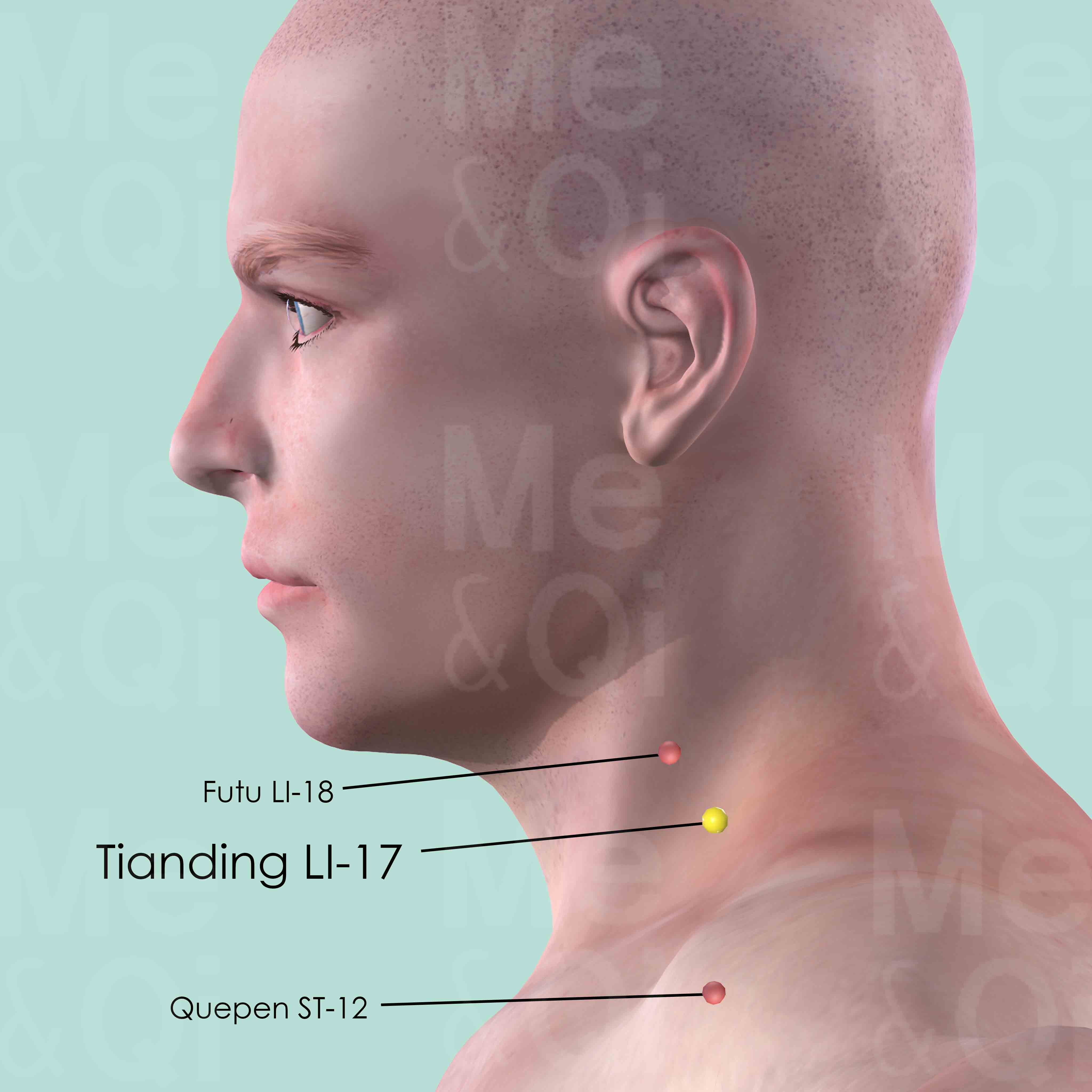
Tianding LI-17
Tianding LI-17 is located on the lateral side of the neck, on the posterior border of the sternocleidomastoid muscle, superior to Quepen ST-12 at the midpoint of the supraclavicular fossa. It is 1 cun below Futu LI-18 which is between the two head of the sternocleidomastoid muscle.
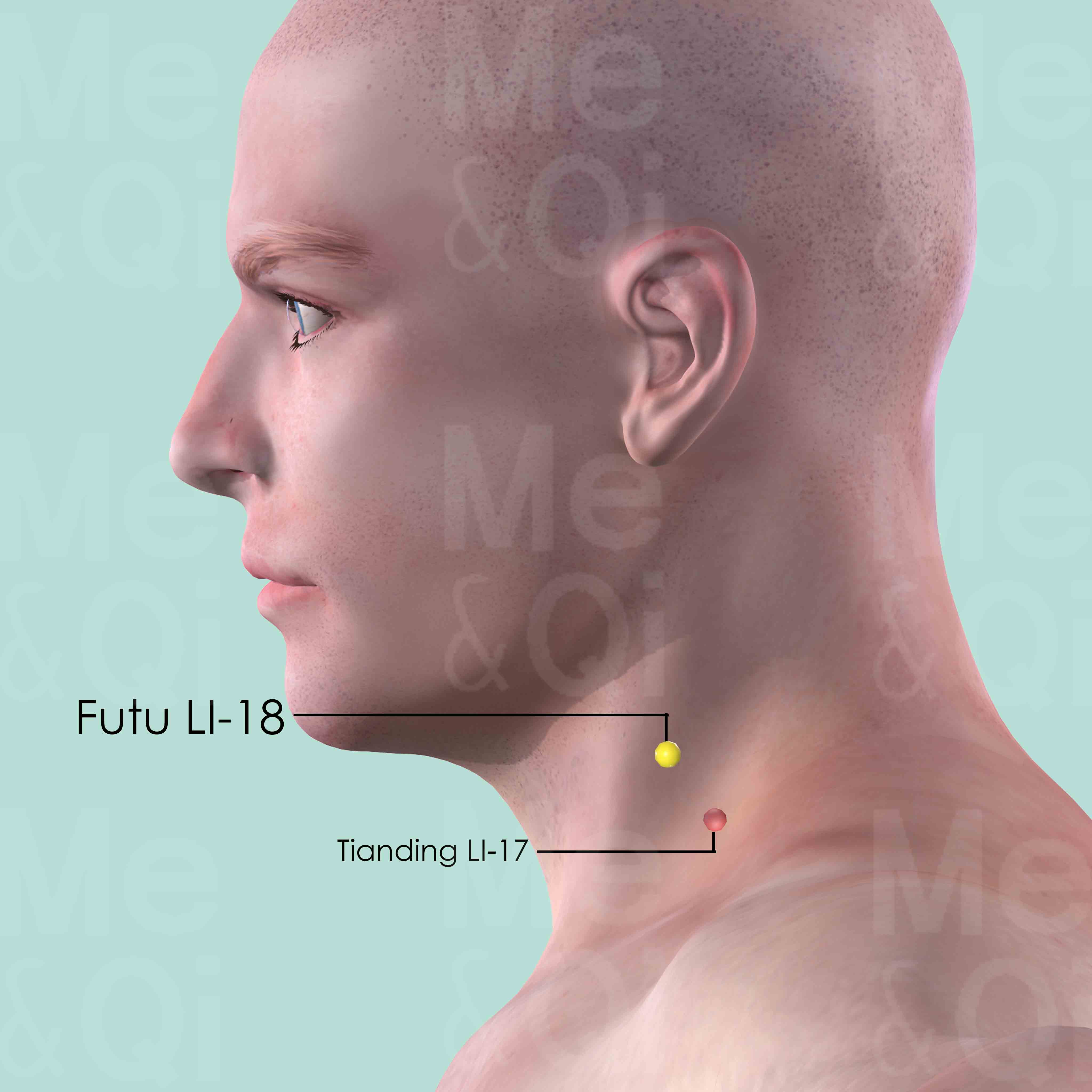
Futu LI-18
On the lateral side of the neck, level with the tip of Adam's apple, between the sternal head and clavicular head of sternocleidomastoid muscle.
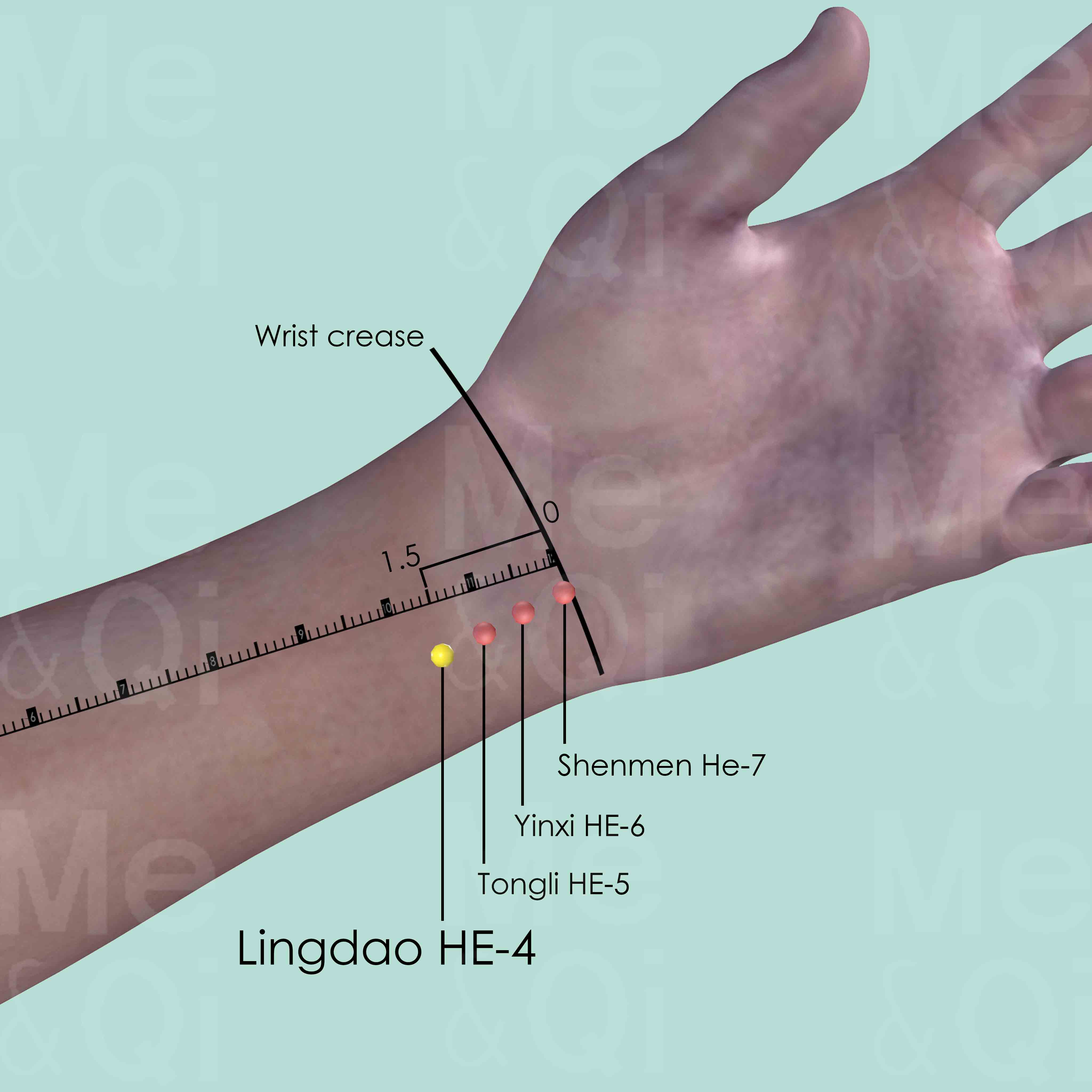
Lingdao HE-4
On the radial side of the tendon of flexor carpi ulnaris, 1.5 cun above the transverse crease of the wrist when the palm faces upward.
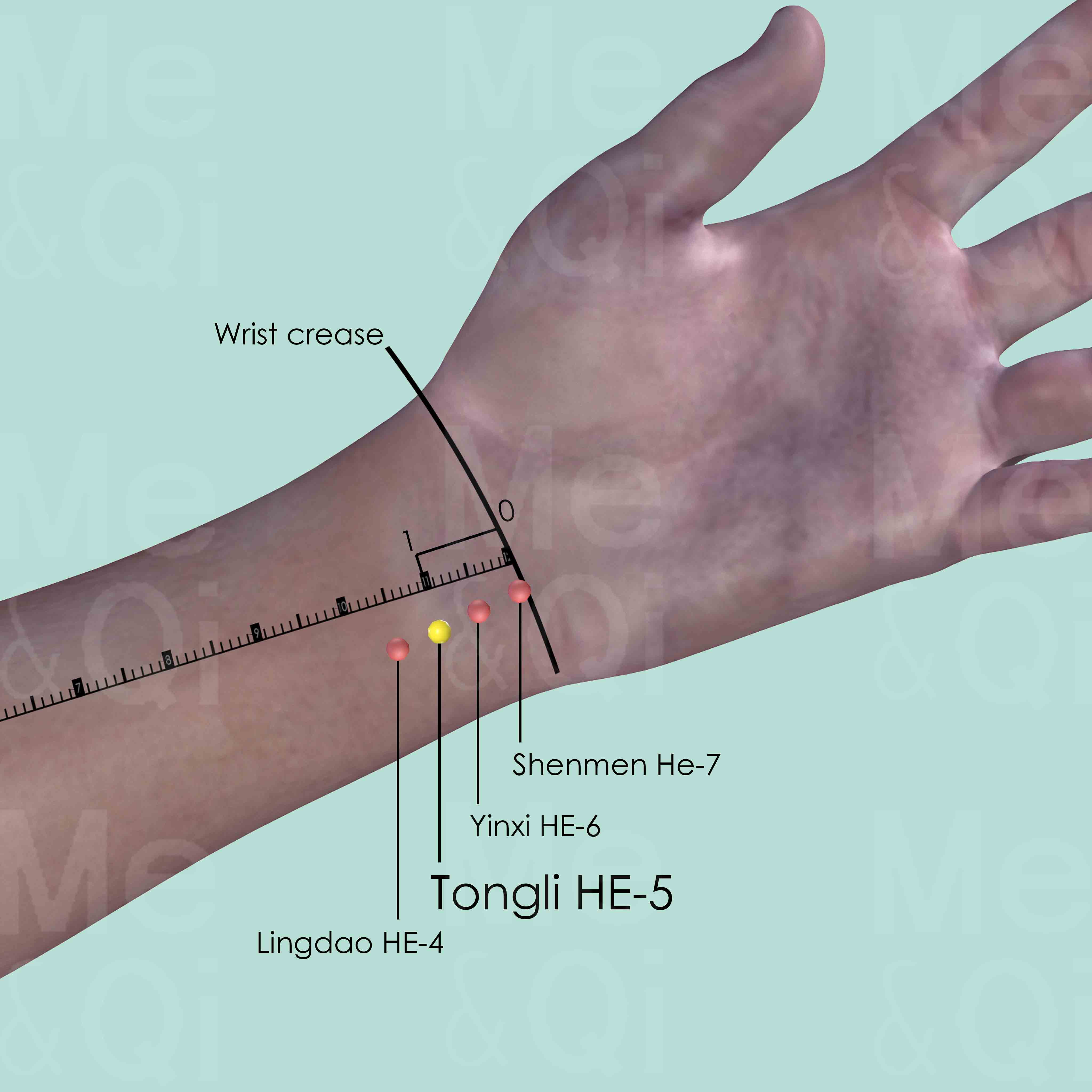
Tongli HE-5
On the radial side of the tendon of flexor carpi ulnaris muscle, 1 cun above the transverse crease of the wrist when the palm faces upward.
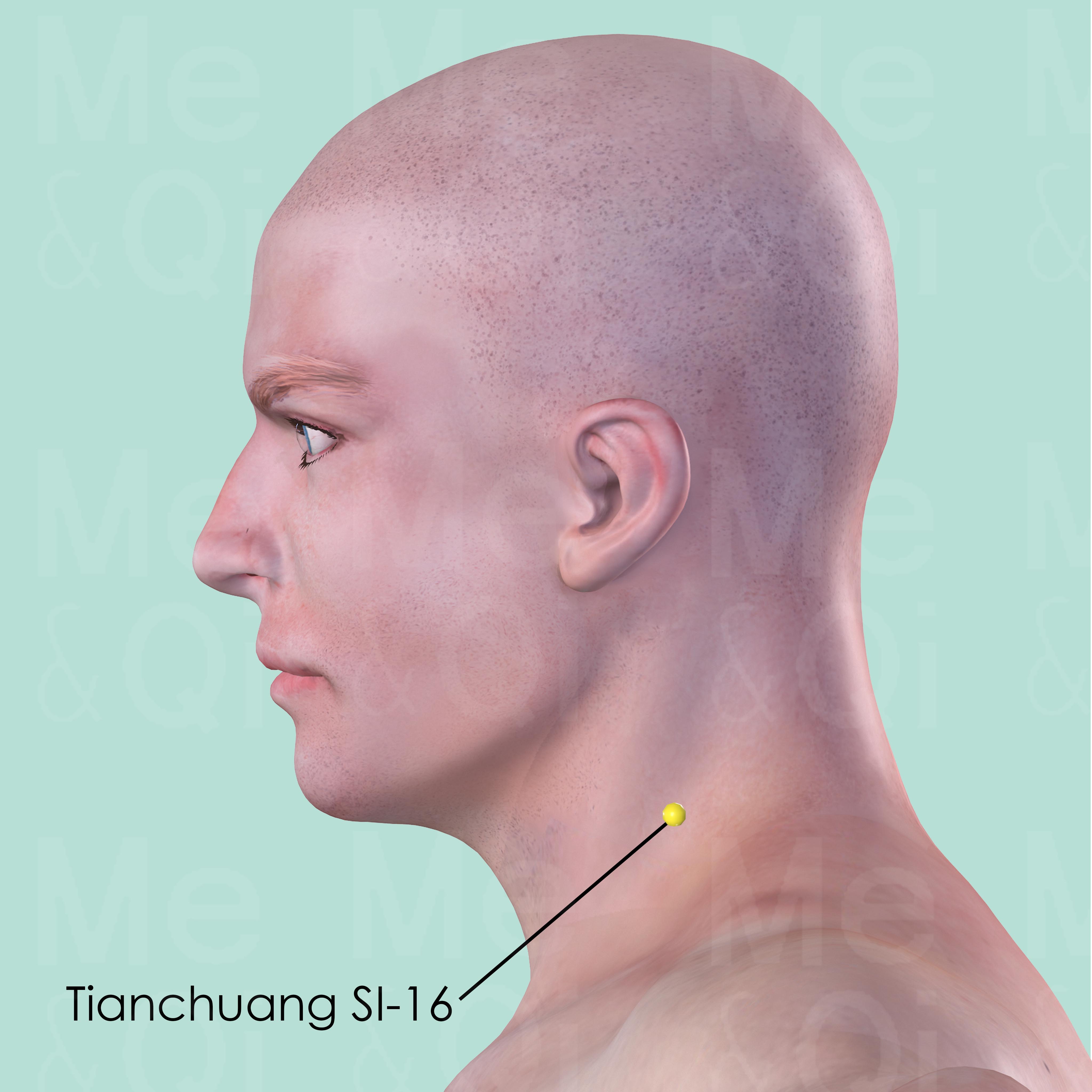
Tianchuang SI-16
In the lateral aspect of the neck, on the posterior border of sternocleidomastoid muscle, lever with the Adam's apple.
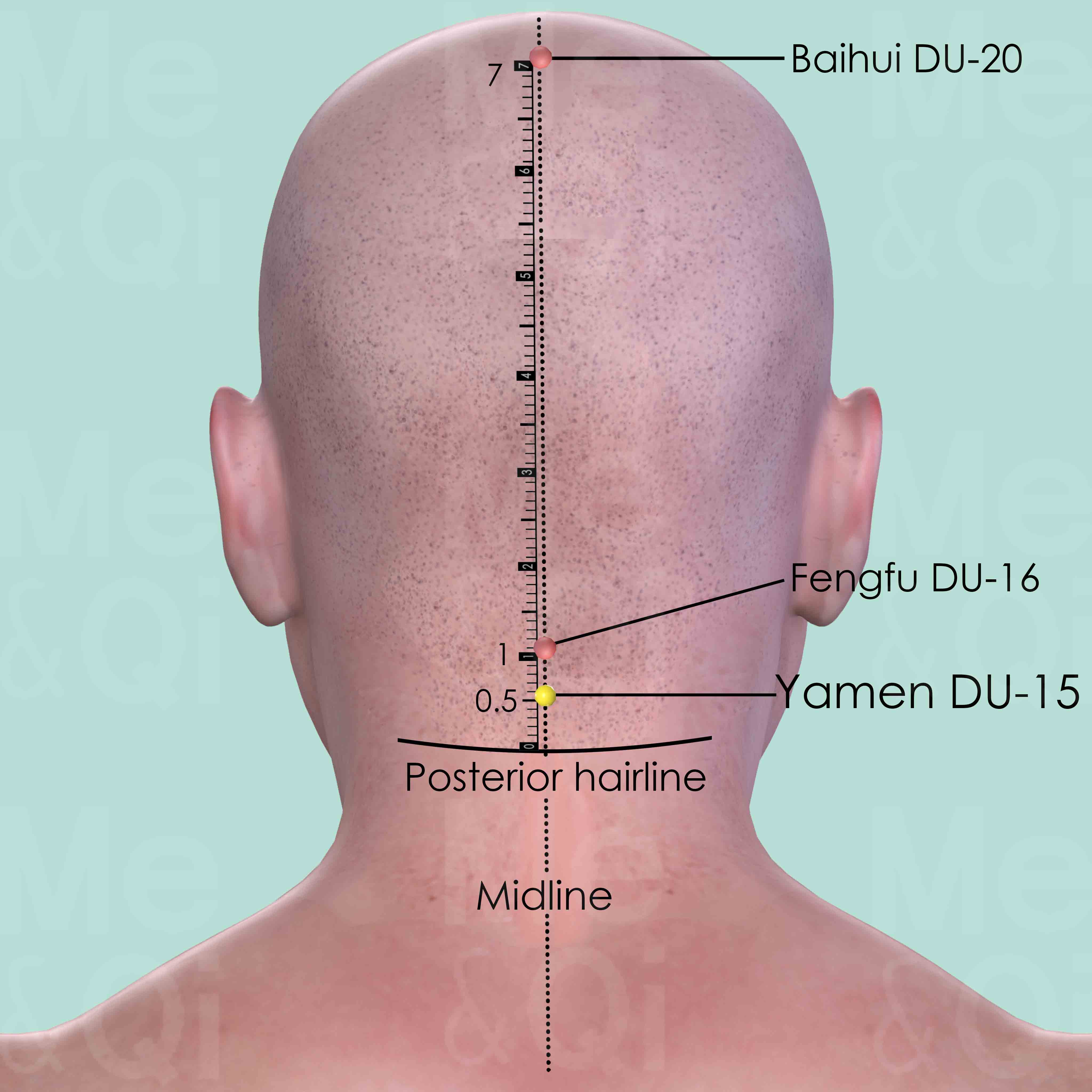
Yamen DU-15
On the back of the neck, 0.5 cun directly above the midpoint of the posterior hairline, below the spinous process of 1st cervical vertebra (C1).
TCM Herbs for Loss Of Voice
For treating loss of voice, TCM recommends herbs that can address the specific patterns identified. Cicada Sloughs (Chan Tui) is used for its Cool and Acrid properties that release the Exterior and target Wind-Heat affecting the Liver and Lung meridians.
Puffball (Ma Bo) is another herb utilized for its ability to clear Heat and relieve Toxicity, specifically targeting Toxic Heat in the Lung. These herbs exemplify the targeted approach of TCM in treating voice loss by addressing the root cause of the imbalance.
- By Herb Category
- Cool/Acrid herbs that release the exterior
- Herbs that clear heat and relieve toxicity
Cool/Acrid herbs that release the Exterior
Loss of voice can be treated by these herbs when the body needs to harmonize with external environmental changes, particularly when there's a need to expel pathogenic factors like wind or cold without overly cooling the body.
One such herb is Cicada Sloughs (Chan Tui), which is directly recommended for loss of voice.
Herbs that clear Heat and relieve Toxicity
Loss of voice can be treated by these herbs if it arises from internal heat and toxic accumulations, aiding in detoxification and cooling the body.
One such herb is Puffball (Ma Bo), which is directly recommended for loss of voice.

